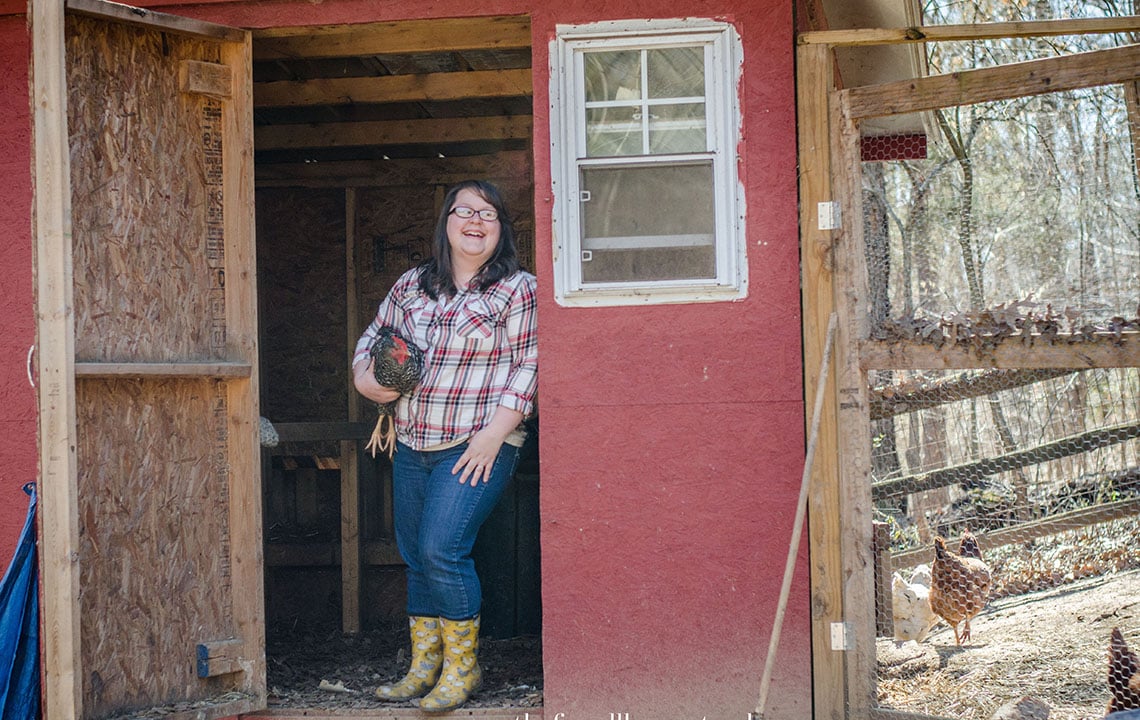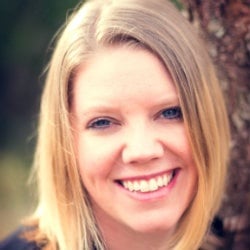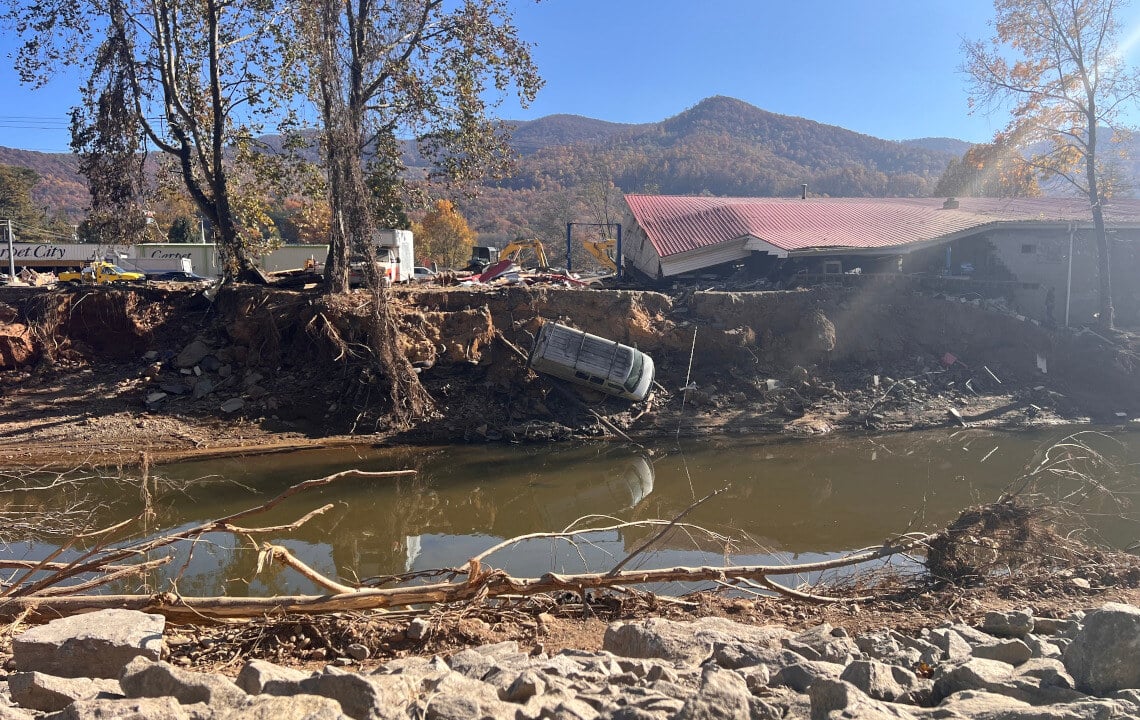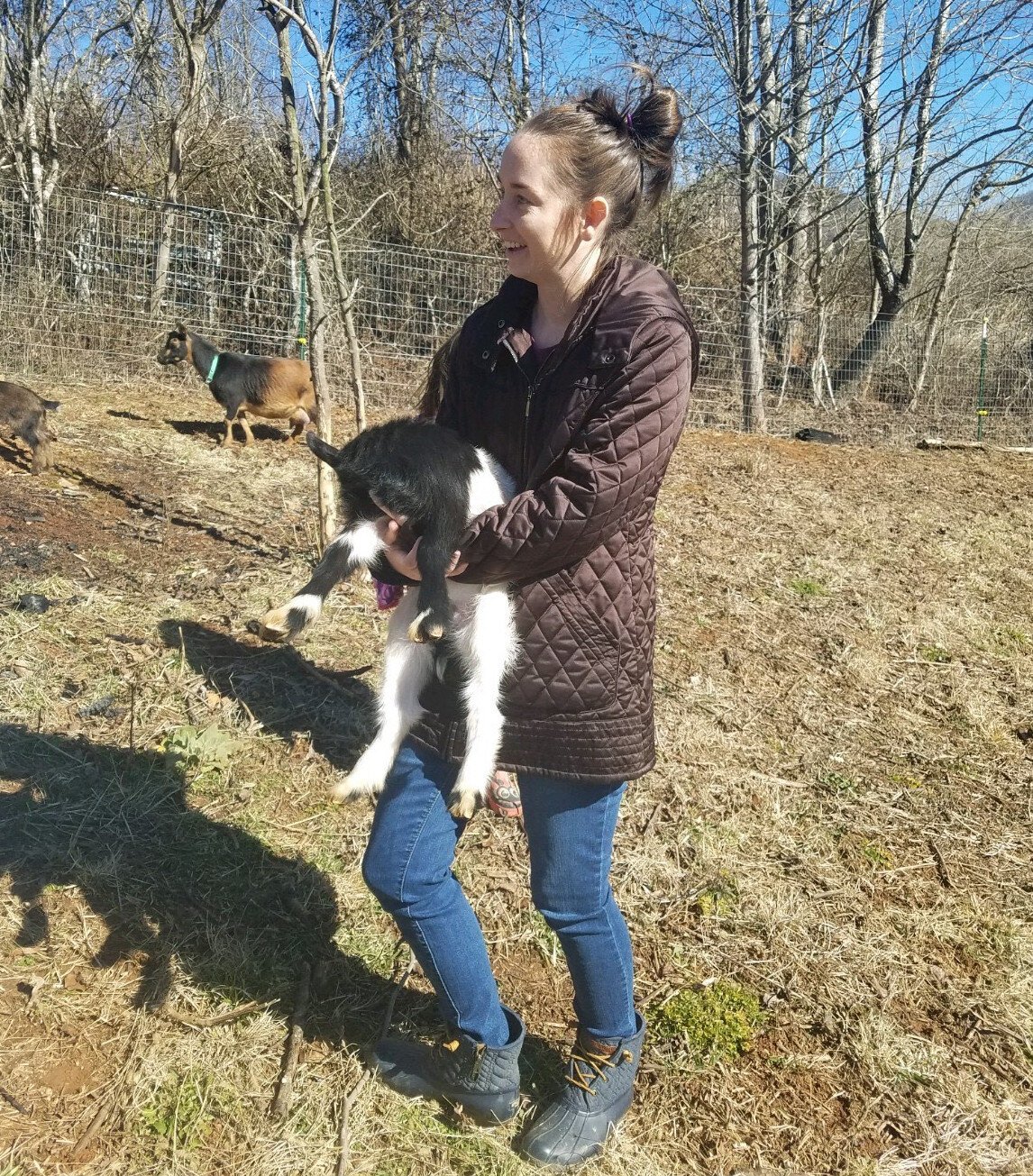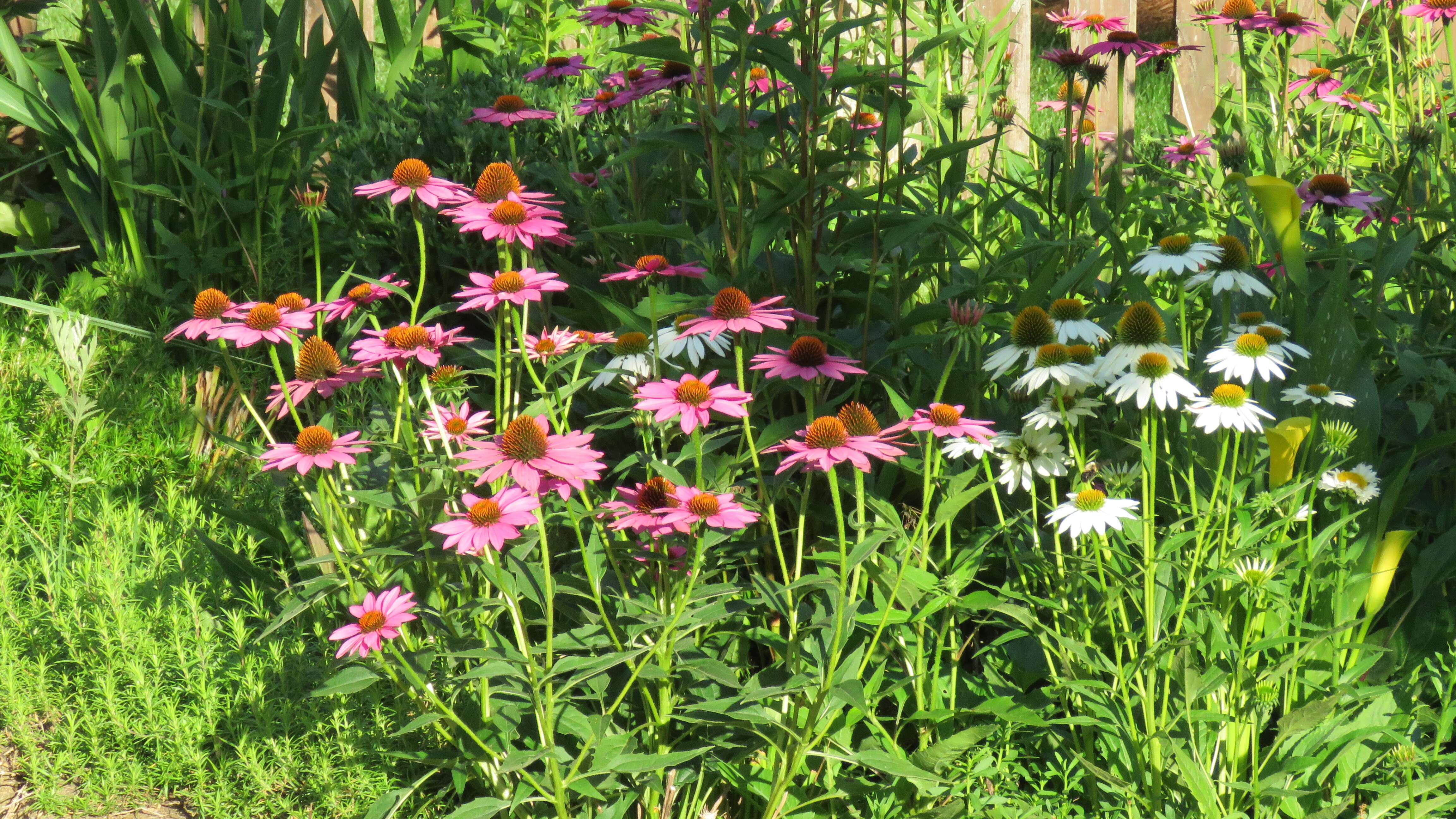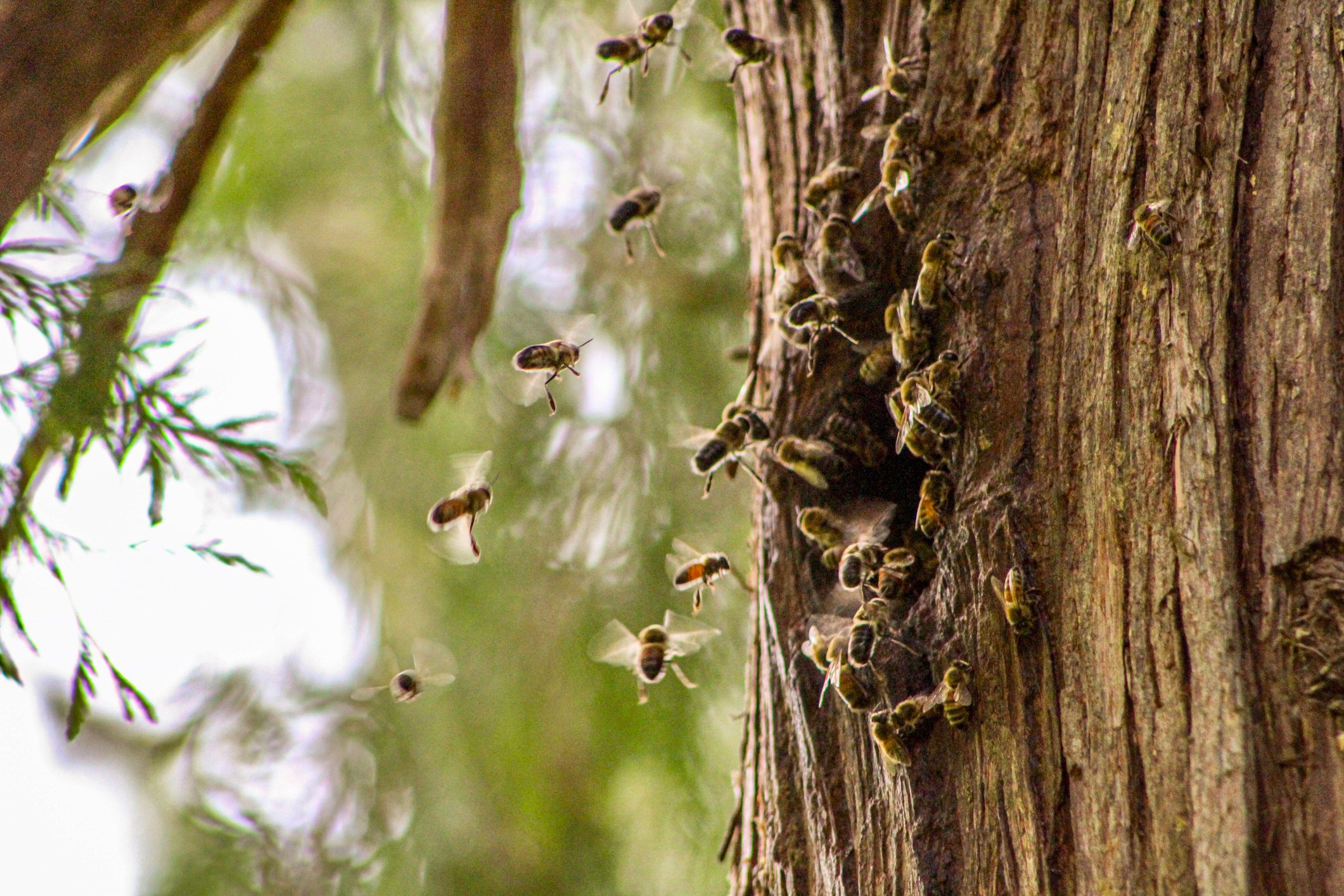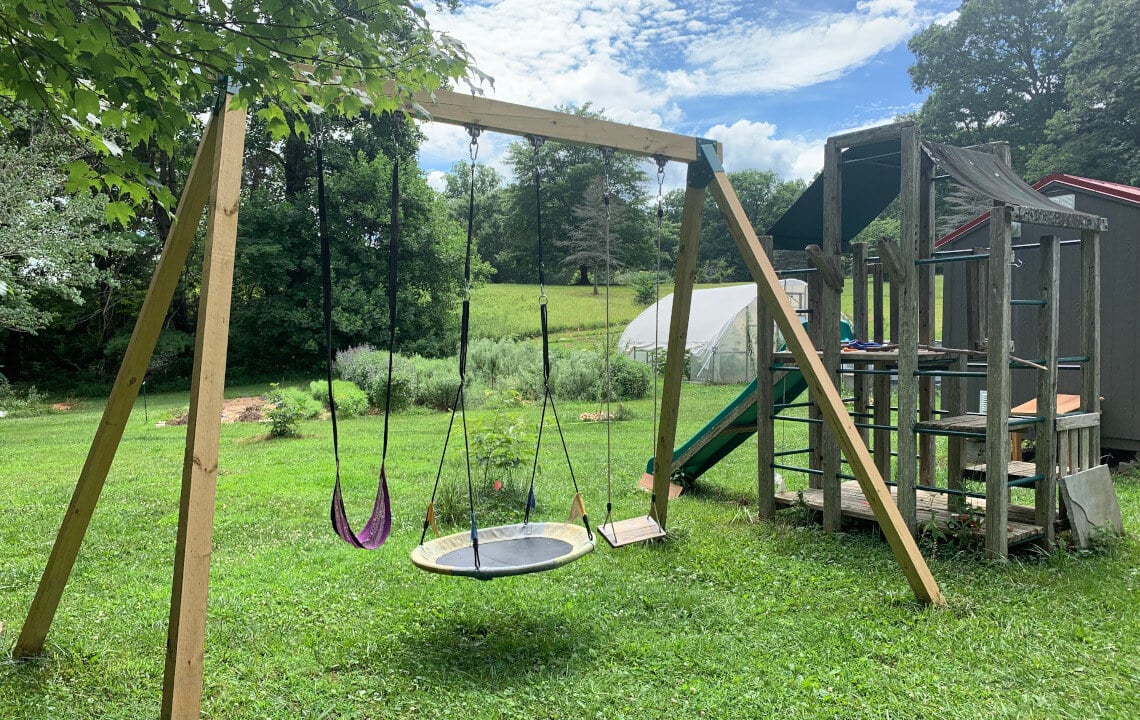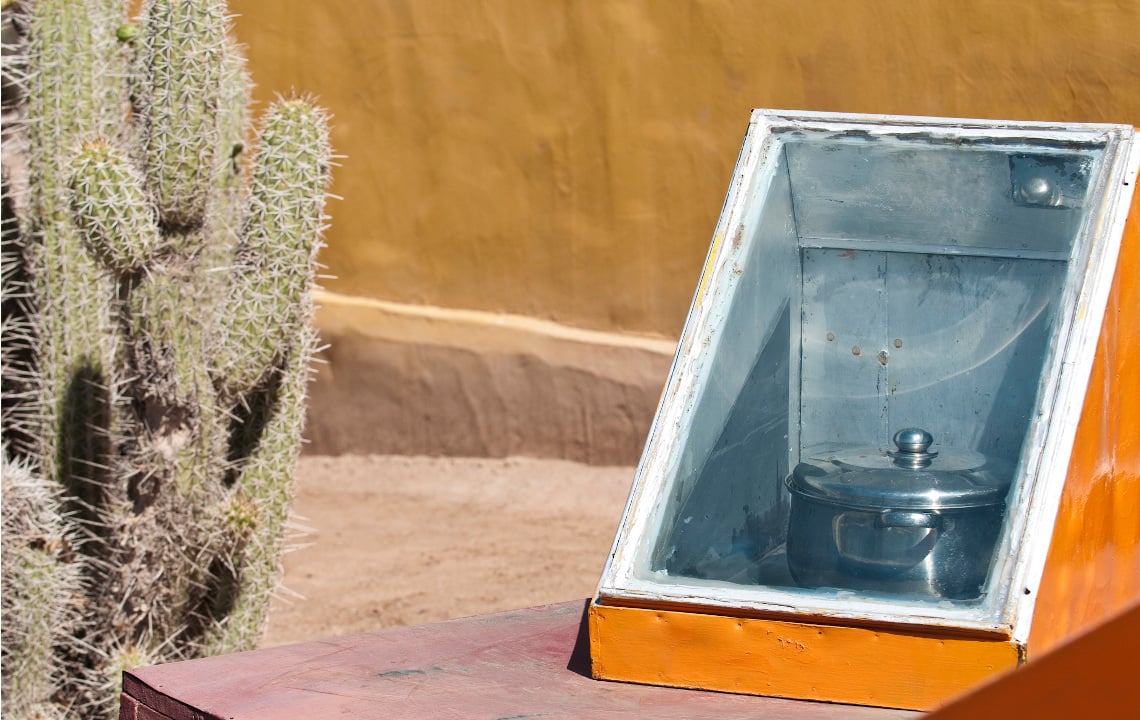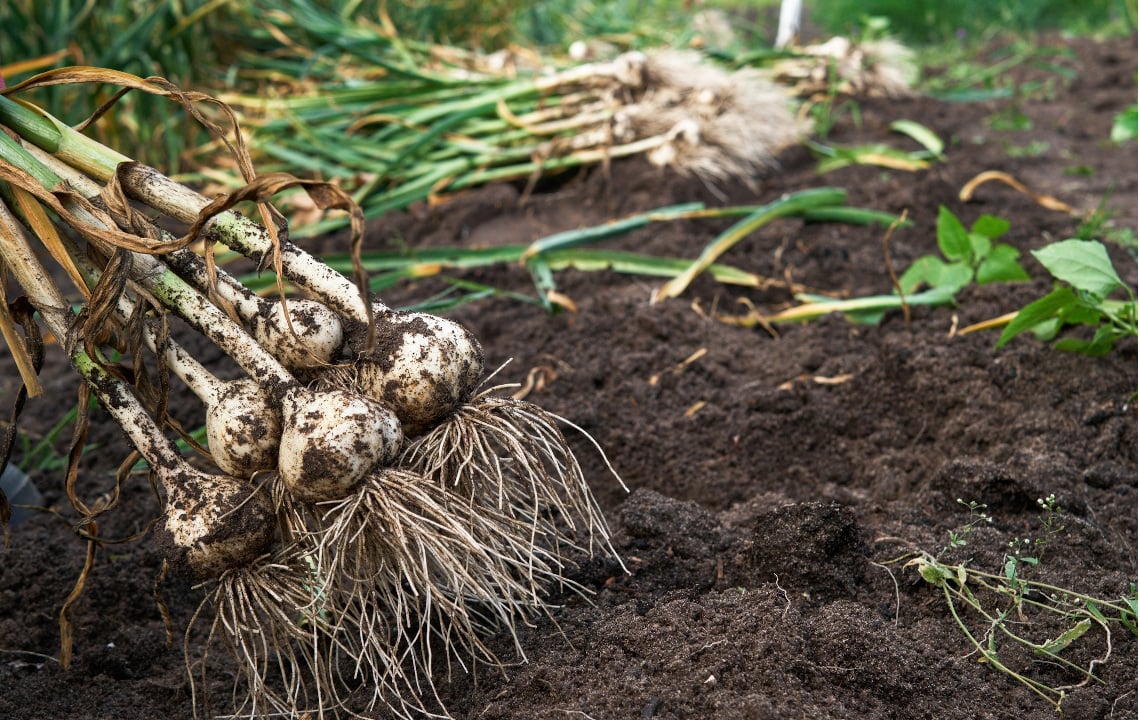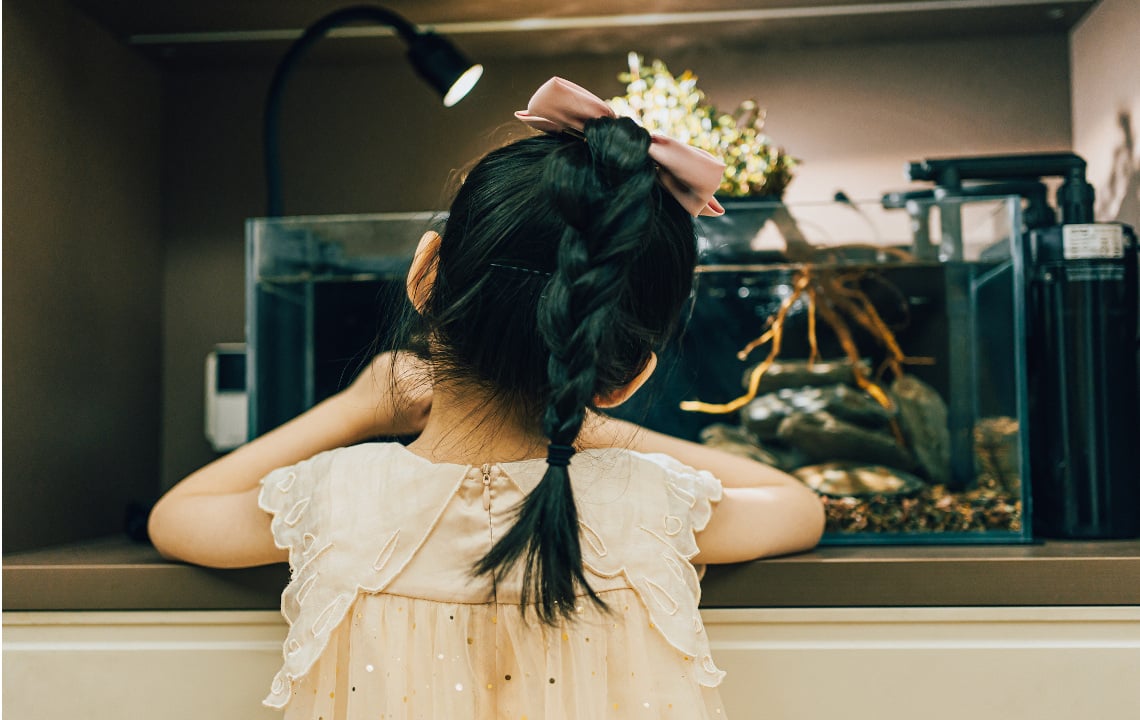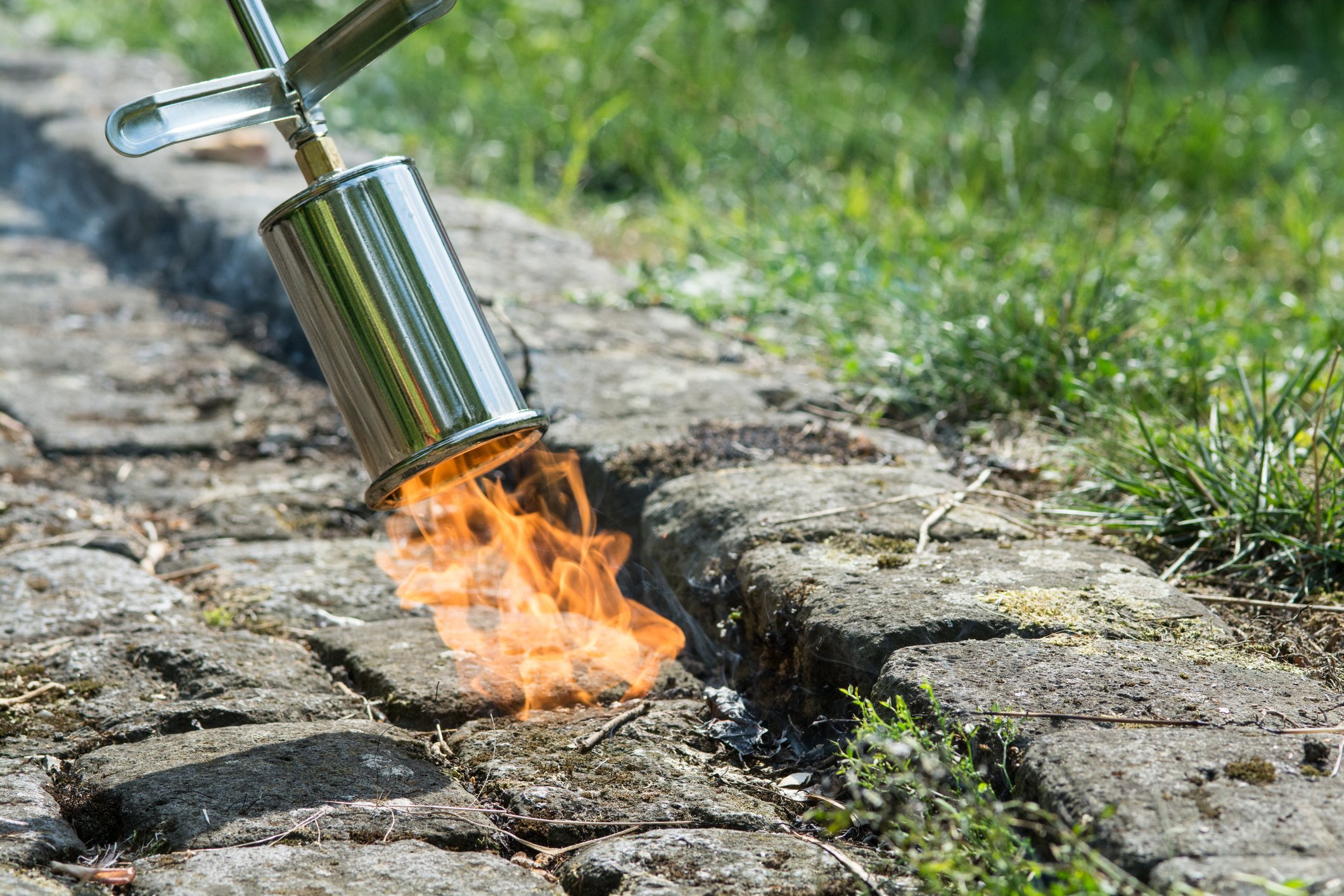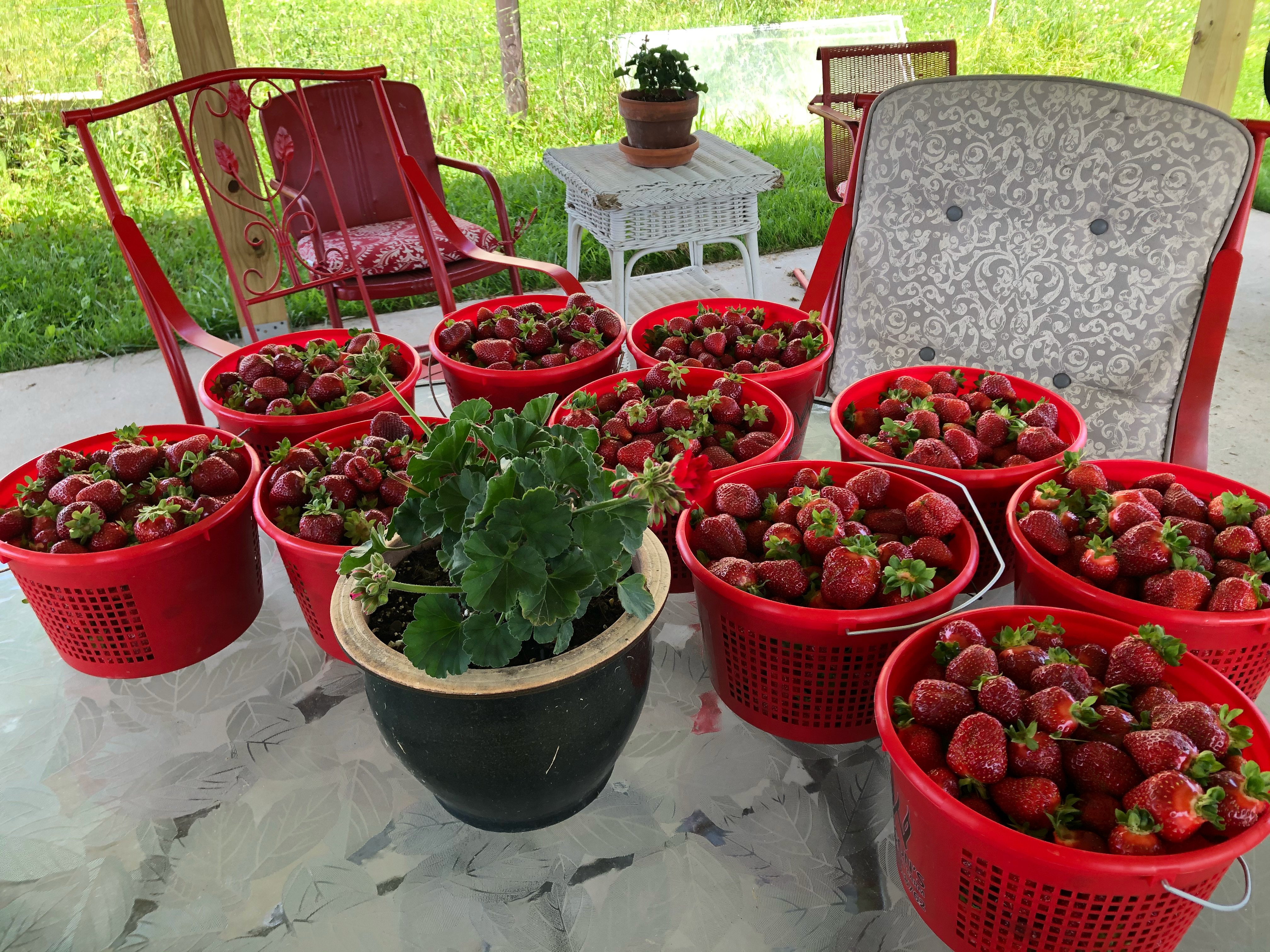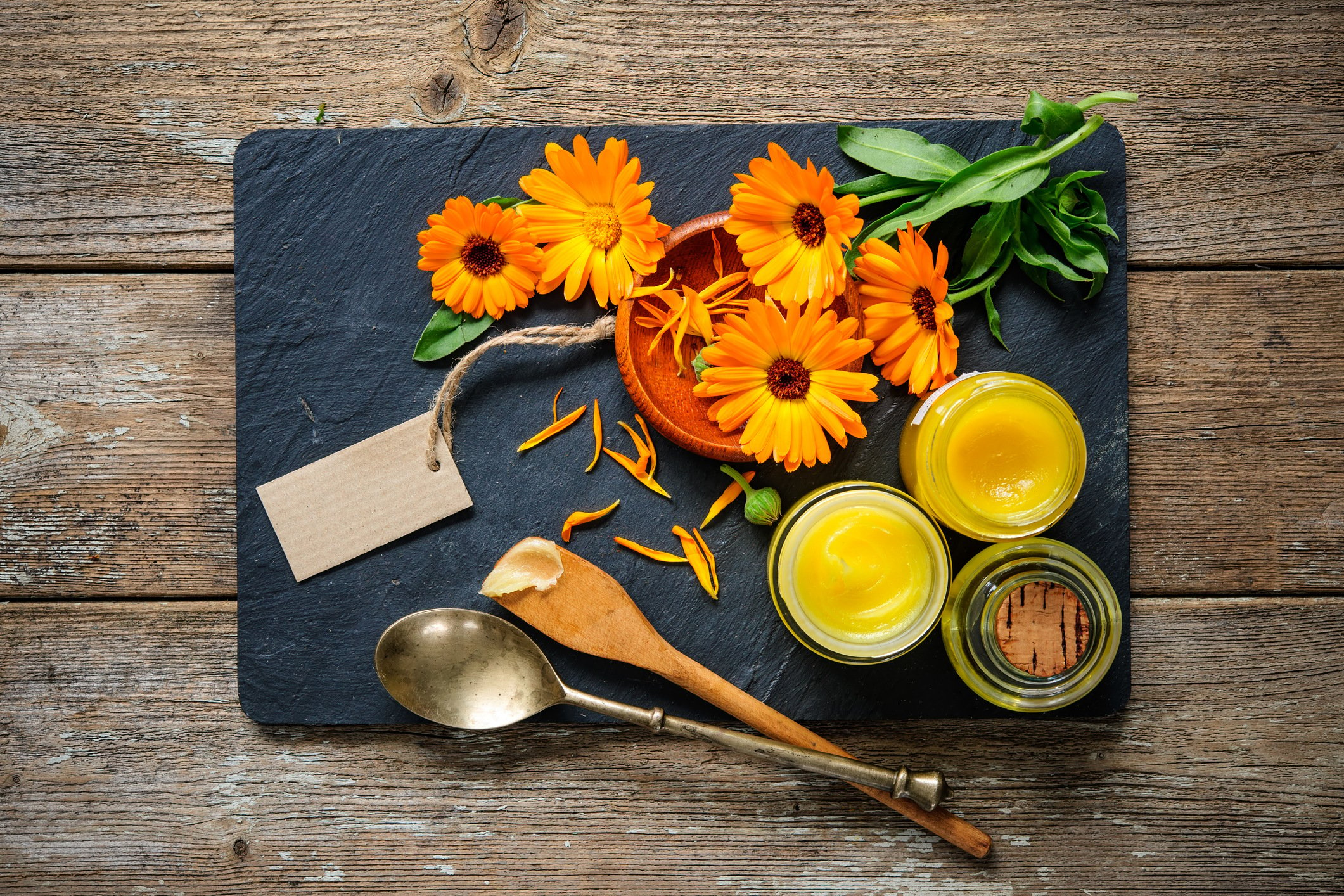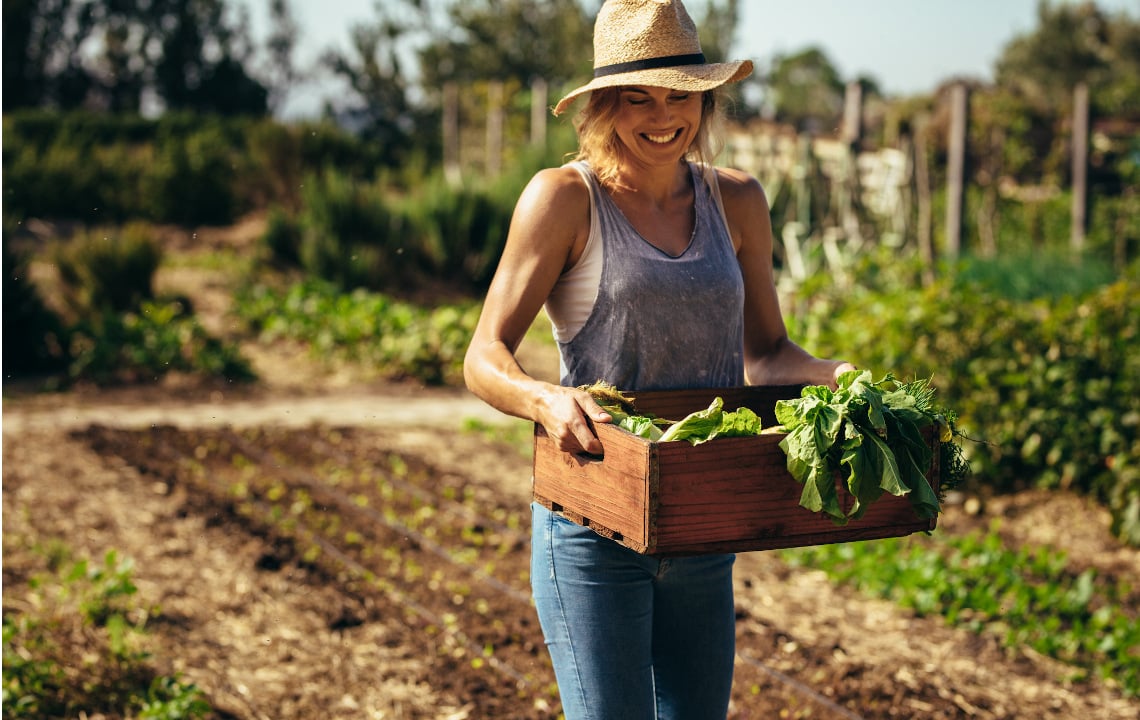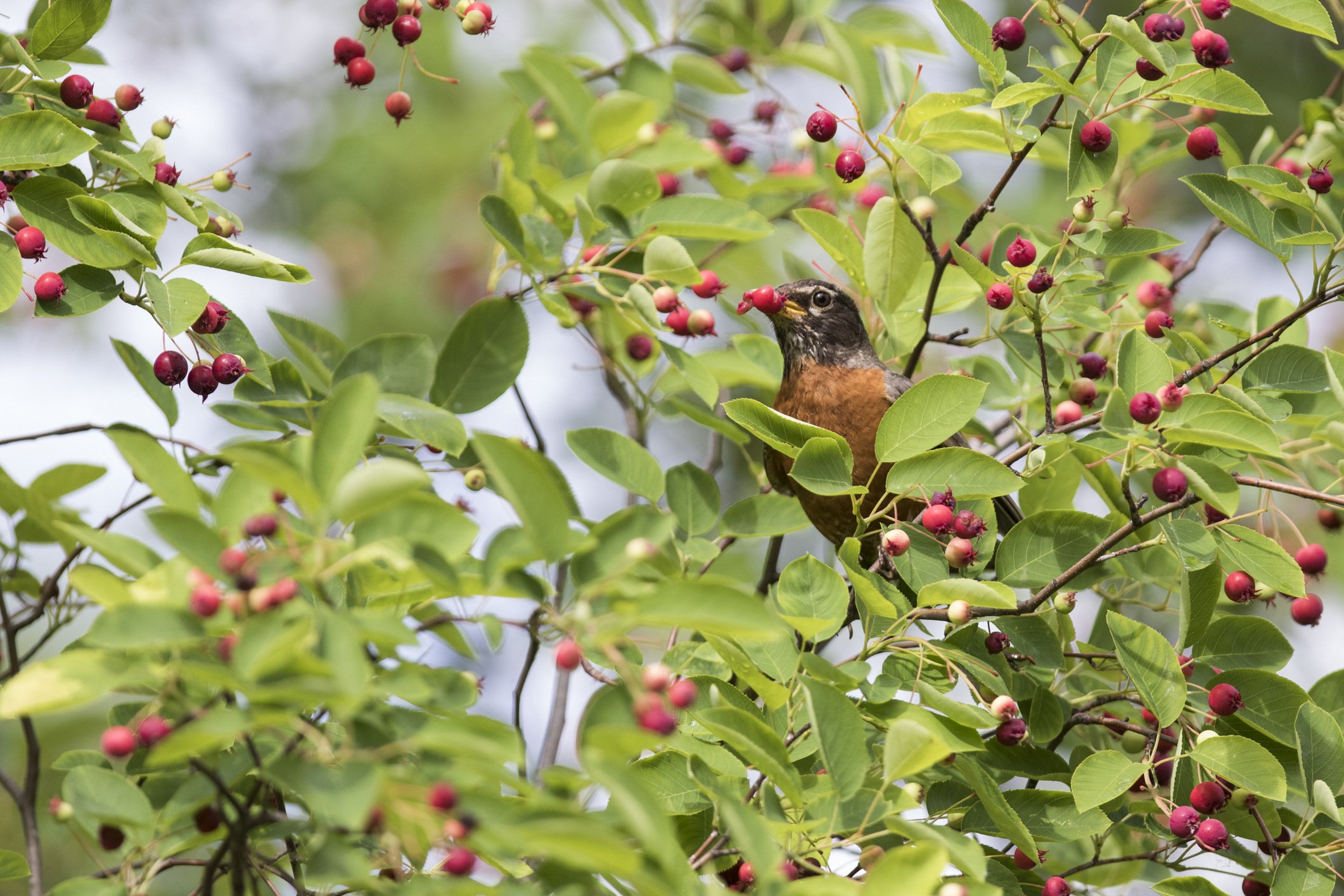A commitment to healthy living and simplicity on the homestead helped this family improve their son’s health and quality of life.
This article is part of our Farming Women and Women in Homesteading series. Read the introductory article and find links to many more profiles here.
For Amy Fewell, the decision to radically change her life really came down to the health of her family.
 In 2010, Fewell was living a regular—if a bit hectic—kind of life. She was in her early 20s, married, and working for the local newspaper when her one-year-old son was diagnosed with asthma. It was then that Fewell began to feel her priorities shift.
In 2010, Fewell was living a regular—if a bit hectic—kind of life. She was in her early 20s, married, and working for the local newspaper when her one-year-old son was diagnosed with asthma. It was then that Fewell began to feel her priorities shift.
“That started us on the journey to get him healthy and find natural alternatives to all the medicine he was taking,” she says.
What started with a deep-dive into holistic medicine and herbal remedies grew into a desire to eat more intentionally and live a simpler kind of life. Though the family lived on just a half-acre, “we decided to get a couple of chickens,” Fewell says.
Now 29, Fewell makes the most of every square inch of her Rixeyville, Virginia, property. In addition to chickens, she raises rabbits and quail, and hopes to acquire dairy goats down the road. Their primary meat source is venison that they hunt in season.
Fewell’s dream is to someday have five to ten acres and to become self-sustainable.
“Not in an energy way,” she says. “We don’t want to be off-grid, not right now at least, but we want to be self-sustainable in a food way. We want to be able to have a two- to three-acre garden where we can can all our produce for the year and not have to go to the grocery store.”
The lifestyle change has paid off. Fewell’s son, Junior, hasn’t suffered from asthma for more than a year-and-a-half. In addition the whole family has fewer health issues and rarely has cause to go to the doctor.
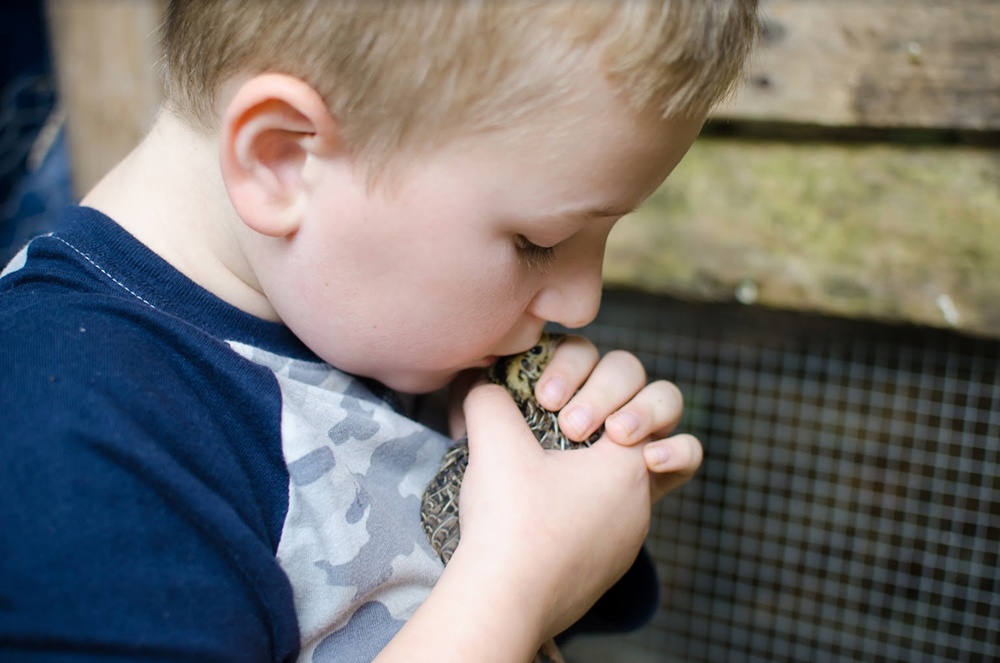
Fewell's son, Junior, stopped having asthma symptoms when his family focused on a healthier lifestyle.
Building a Life and a Community
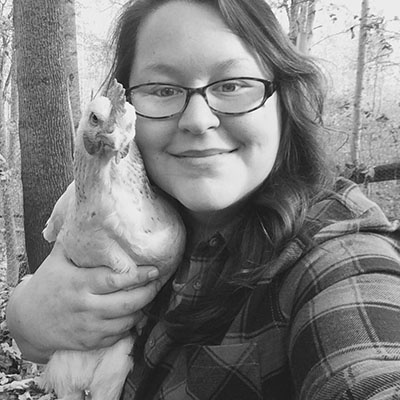 One of Fewell’s most strongly held beliefs is that to be a homesteader doesn’t mean you have to fit into a certain mold. A self-described “one-woman show,” she tends her homestead (her husband works full-time as a landscaper and property manager, and helps out where he can), homeschools her son, and works as a writer and photographer. And that’s what works for her.
One of Fewell’s most strongly held beliefs is that to be a homesteader doesn’t mean you have to fit into a certain mold. A self-described “one-woman show,” she tends her homestead (her husband works full-time as a landscaper and property manager, and helps out where he can), homeschools her son, and works as a writer and photographer. And that’s what works for her.
For some, homesteading means commercial farming or raising livestock. For others, it’s a backyard chicken coop in a suburban subdivision. What matters more than the location or the logistics, she says, is the heart behind it.
“My grandmother grew up in early 1900s. She only had chickens and quail and a big garden,” she says. “That was really encouraging to me. That’s one thing I like to encourage [women homesteaders] to understand, you don’t have to have a 100-acre homestead, you just have to have enough for you and your family and what you can live off of.”
Fewell’s grandfather also has rural roots. “He grew up as a dairy farmer, so even at the age of five he was up at the crack of dawn and out at the barn milking cows,” she says. “Nowadays we call it simple living, but back then it was just living. I hope to get to a point, and I want my child to get to a point, that this is just normal, everyday life for us.”
While Fewell draws from her family’s agricultural roots, she’s living in a decidedly different era. Shifting away from a more traditional, career-focused existence hasn’t always been easy—especially for a millennial woman still in her 20s.
“A lot of women my age are not even married or wanting kids yet,” she says. “I think that it’s presented challenges for me socially.”
Instead of resigning herself to being different and alone, Fewell sought out her own community of women homesteaders in a very 21st century way: online. Through her blog, TheFewellHomestead.com, she shares lessons and thoughts on life as a modern-day homesteader.
“A lot of women need encouragement that they can do this,” she says. “They believe that they need their spouse or a man to help them, and that's just not true. My blog has inspired other women to take control of their lives and their families’ lives and health.”
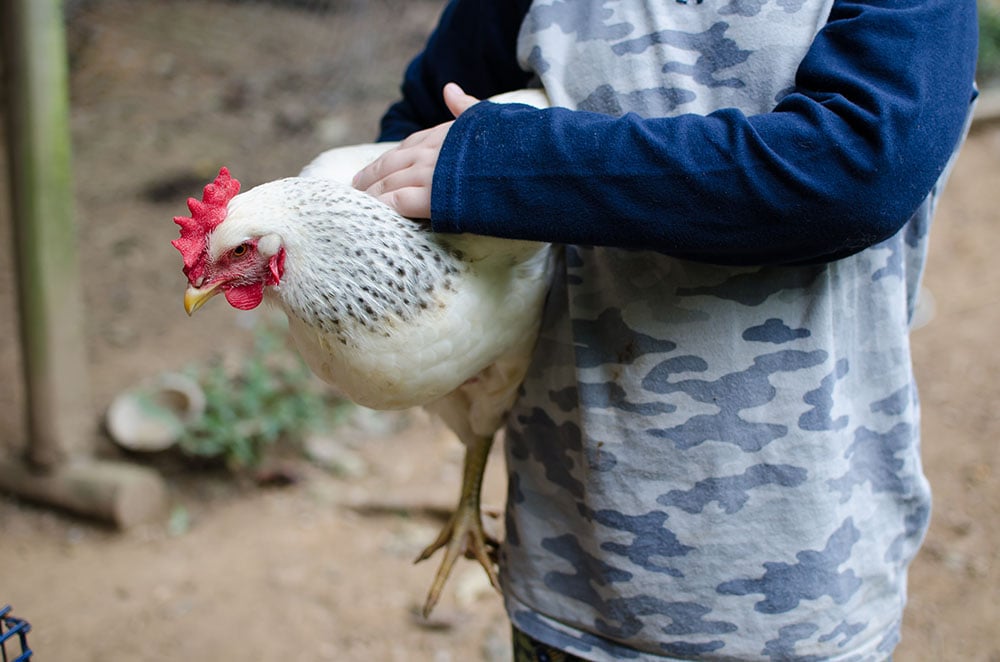
In turn, the community Fewell has built has become a support system to lean on when things are good and when times are tough.
“I am so grateful for the homestead community friends that I have all across the world. They are there during successes and failures, because they've been there too,” she says.
Through it all, Fewell cherishes the independence and autonomy homesteading has allowed her. She jumps at each new opportunity to learn as she goes and to figure things out on her own for the sake of her family—a trait she sees in a lot of women homesteaders.
“What sets us apart is we have that passion to nurture something—our animals, the soil. We take care of our families in that way,” she says. “I think that’s why we see a lot a lot of women soaring in farming and agriculture and homesteading.”
Fewell is currently in the planning stages of the first annual Homesteaders of America Conference, scheduled for October 2017, and hopes to build an organization that will include an online educational hub where people can learn the legalities of homesteading, access instructional videos, and connect with other like-minded homesteaders across the country.
All photography by Amy Fewell.


